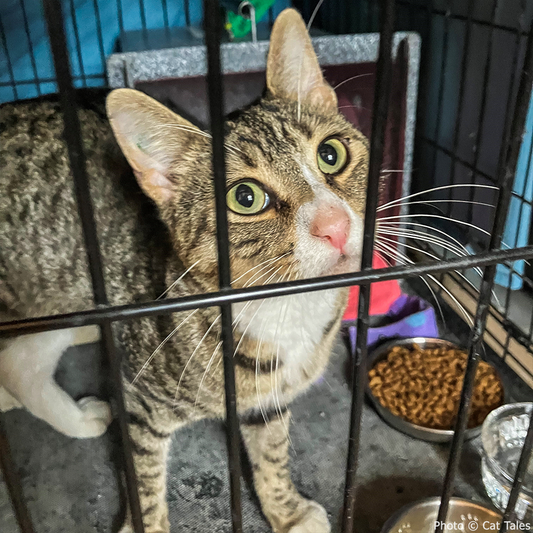TikTok Trend Promoting Gasoline and Wasp Extermination Raises Serious Environmental Concern
Matthew Russell
Pexels
In the age of social media, viral trends can quickly capture the attention of millions. Recently, a new insect extermination hack known as the "gas in a glass" method has gained traction on TikTok. Users attempting to get rid of wasps in their homes have filled a glass, jar, or bucket with gasoline and sealed it against the nest. The toxicity of the gasoline instantly knocks out the wasps, causing them to fall into the liquid. While some people have found this method effective, experts are warning against it due to serious safety concerns and potential legal implications.
Ben Hottel, the technical services manager and entomologist at Orkin, a leading pest control company, has strongly discouraged the use of gasoline for killing wasps. In an interview with Fox News, Hottel highlighted the dangers and legal issues associated with this trend. According to guidelines set by the Environmental Protection Agency (EPA), pest control professionals are expected to use registered products that comply with safety standards. Gasoline, however, is not registered for insect extermination and would be considered illegal for professional use.
 Photo: Pexels
Photo: PexelsGasoline is not a safe or recommended method for pest control.
Safety Concerns and Environmental Impact
Handling gasoline in this manner poses significant safety risks, particularly during the Fourth of July and summer season when fireworks can easily ignite fires. Moreover, gasoline is classified as a hazardous household waste. Disposing of wasp-filled gasoline remnants becomes an environmental concern. Hottel emphasizes that dumping it onto lawns or down drains is not a responsible solution. This hazardous waste requires appropriate disposal, Lifehacker reports, raising the question of how individuals who engage in this trend will manage the environmental consequences.
Improper disposal of gasoline by pouring it down drains or onto lawns can have severe environmental consequences. Gasoline is a toxic substance that contains harmful chemicals and pollutants. When poured down drains, it can contaminate water sources and harm aquatic ecosystems, MLI Environmental reports. Gasoline is not biodegradable and can persist in the environment for a long time, posing a threat to plants, animals, and microorganisms.
 Photo: Pexels
Photo: PexelsGasoline is classified as hazardous household waste and requires proper disposal.
When gasoline is dumped onto lawns, it can seep into the soil and contaminate groundwater, which is a source of drinking water for many communities. The chemicals present in gasoline can leach into the soil and disrupt the natural balance of the ecosystem. According to the American Geological Union, this contamination can affect the health of plants, leading to reduced growth and even death. Additionally, if the gasoline reaches surface water bodies through runoff, it can harm aquatic life and disrupt the delicate balance of the aquatic ecosystem.
To responsibly manage hazardous waste like gasoline, proper disposal methods should be followed. This includes taking it to designated hazardous waste collection sites or recycling centers. These facilities have the expertise and infrastructure to handle and dispose of hazardous materials in an environmentally safe manner.
Hiring a licensed exterminator who uses registered products specifically designed for wasp control is a more responsible choice. These professionals have the knowledge and expertise to handle wasp nests safely and effectively, minimizing the risks associated with DIY methods. There are also commercially available wasp sprays and insecticides that are formulated to eliminate wasps while ensuring human and environmental safety.
 Photo: Pexels
Photo: PexelsImproper disposal of gasoline can contaminate water sources and harm aquatic ecosystems.
Promoting Responsible Actions
As this dangerous TikTok trend continues to gain popularity, it is crucial to spread awareness about the risks and consequences associated with using gasoline to kill wasps. Safety should always be a priority, and responsible actions must be taken to protect our environment.
Help ensure a safer and more sustainable approach to addressing pest issues while preserving the well-being of our surroundings. Take the pest-free pledge and ensure a healthier future for all.
Matthew Russell is a West Michigan native and with a background in journalism, data analysis, cartography and design thinking. He likes to learn new things and solve old problems whenever possible, and enjoys bicycling, spending time with his daughters, and coffee.




















